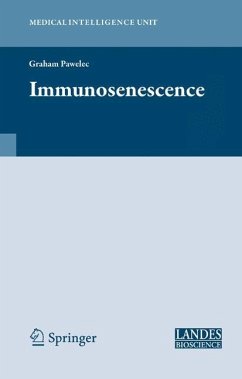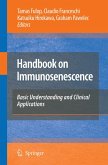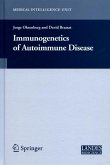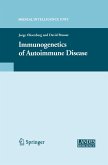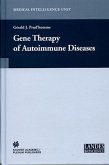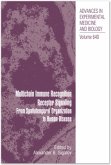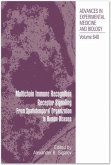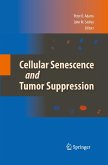Human immunosenescence contributes to morbidity and mortality in later life. The age-associated increasing incidence of cancer and cardiovascular disease plateaus at around 80 years of age in industrialised countries, but death due to infectious disease continues to increase up to 100 years of age and beyond. Understanding the reasons for age-associated alterations to protective immunity in the elderly would facilitate the development of interventions to reconstitute appropriate immune function, increase responsiveness to vaccination and extend healthspan. The majority of the papers collected in this volume therefore address not only the mechanisms responsible for immune ageing in humans but consider what might be accomplished to redress the erosion of immune competence with age.
From the reviews:
"The book covers the basic biology of cell-mediated immunity decline, the consequences of the declined immune system, and interventional therapeutic approaches aiming to correct or reverse the aged immune system. ... The book ends with insightful review on therapeutic strategies aiming to correct or reverse immunosenescence. Overall, the book is very well written and should be recommended reading for cell biologists, immunologists, and physician scientists interested in the current scope of understanding immunosenscence and opportunities to explore therapeutic strategies for its correction." (Yang Zhou, Clinical Infectious Diseases, December, 2012)
"The book covers the basic biology of cell-mediated immunity decline, the consequences of the declined immune system, and interventional therapeutic approaches aiming to correct or reverse the aged immune system. ... The book ends with insightful review on therapeutic strategies aiming to correct or reverse immunosenescence. Overall, the book is very well written and should be recommended reading for cell biologists, immunologists, and physician scientists interested in the current scope of understanding immunosenscence and opportunities to explore therapeutic strategies for its correction." (Yang Zhou, Clinical Infectious Diseases, December, 2012)

